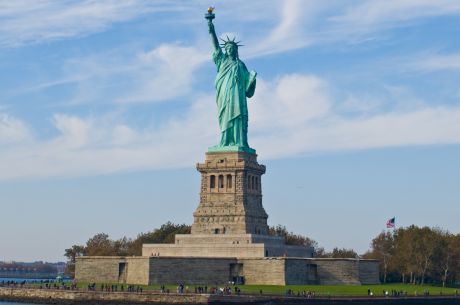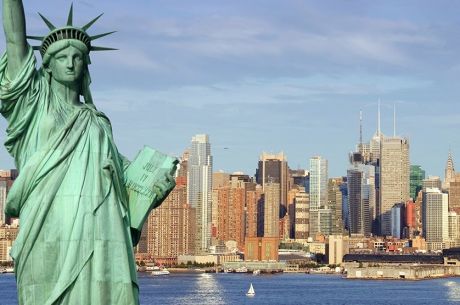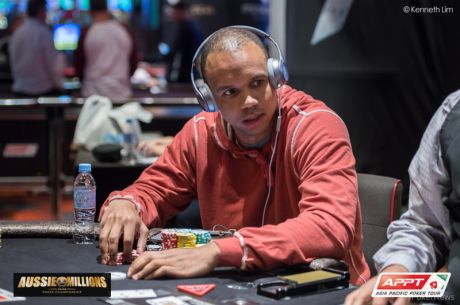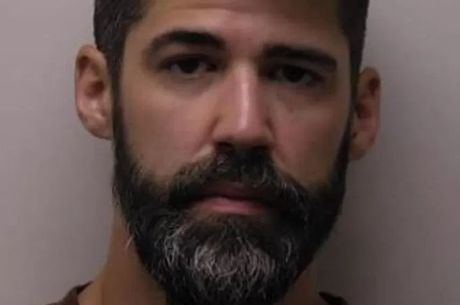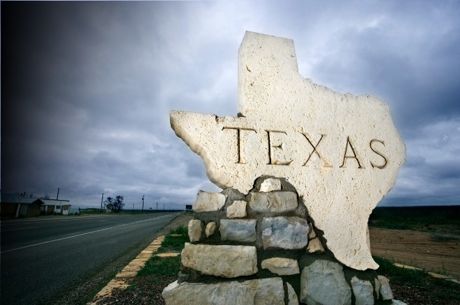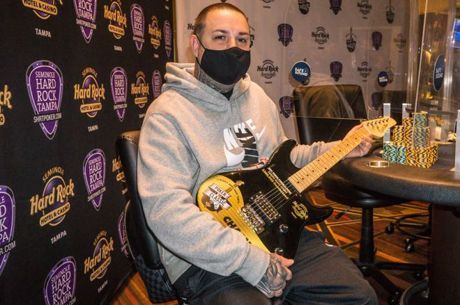Borgata Chip Counterfeiter Christian Lusardi Released from Prison
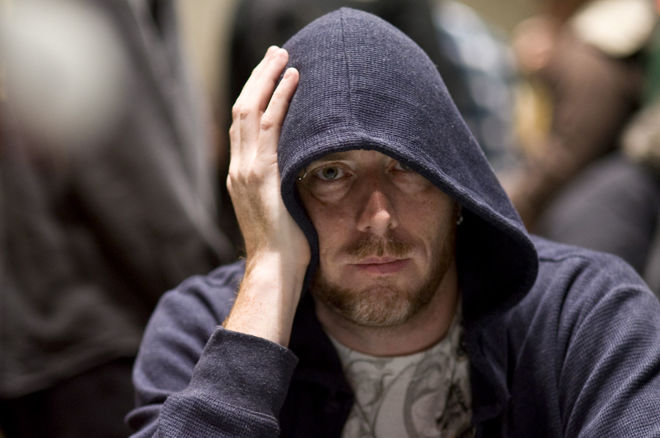
Based on a recent thread on Poker Fraud Alert, PokerNews has learned that Christian Lusardi, the then 42-year-old responsible for introducing counterfeit chips into play in the Borgata Winter Poker Open $2 Million Guarantee in 2014, was released from prison on parole this past July after almost eight months in prison.
He was paroled July 25, 2016, according to his offender records kept on the State of New Jersey’s Department of Corrections website.
He was serving two sentences with max terms of three and five years for copyright infringement and trafficking in counterfeit labels for both the use of the counterfeit chips and also for his international DVD bootlegging operation (that police discovered after searching his residence in relation to the Borgata case).
Back in 2014, tournament officials suspended and ultimately canceled the Borgata Winter Open $2 Million Guarantee after the officials and state police were made “aware of a situation involving counterfeit chips.”
After 24 hours, the investigation by the Borgata Hotel Casino & Spa and the New Jersey Division of Gaming Enforcement confirmed that one or more entrants used a significant number of counterfeit chips during the tournament, so it was subsequently cancelled.
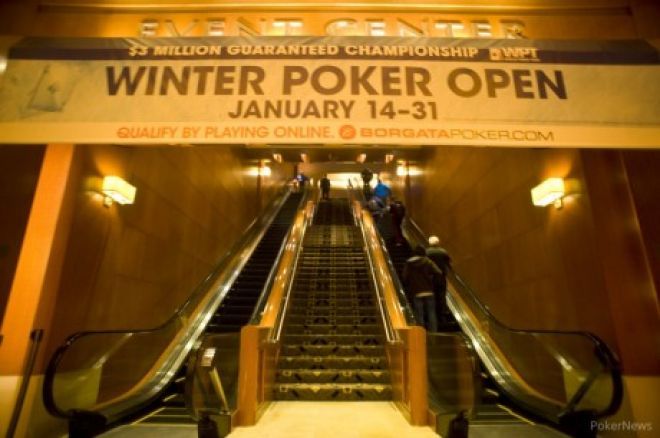
With 27 players left in play, the tournament was set to continue for a top prize of $372,123. The rest of the tournament continued as planned anyway.
"It is extremely unfortunate that the criminal actions of these individuals can have a detrimental impact on more than 4,000 other entrants,” Tom Ballance, the Borgata’s president and chief operating officer, said at the time. “We fully understand and regret the disappointment this cancellation causes our valued customers, and we will work diligently with DGE investigators to resolve the situation as quickly as possible. The integrity of our games and the confidence of our players is of the utmost importance to us."
By the next weekend, Lusardi had been arrested after the New Jersey State Police and the New Jersey Division of Gaming Enforcement discovered 2.7 million in counterfeit chips in a clogged sewer pipe at Harrah’s Resort and Casino.
A police investigation revealed that Lusardi was staying in that room where the pipes were clogged. Lusardi introduced the counterfeit chips multiple times, entering Day 2 with the chip lead, but was eliminated that day with only “$6,814” according to The Press of Atlantic City.
A warrant was issued for his arrest after he left Harrah’s. He was charged with rigging a publicly exhibited contest, criminal attempt and theft by deception. He was later found at a motel in Atlantic City and taken to the Atlantic County Justice Facility. His bail was set at $300,000.
Lusardi was sentenced to 60 months in prison and three years of supervised release on March 30, 2015. He was also ordered to pay a $1,137,864.01 restitution. He plead guilty to both counts, copyright infringement and trafficking in counterfeit labels.

He was originally processed through the United States District Court for the District of New Jersey and sent back to North Carolina to face more serious federal charges, explained PokerNews legal contributor Maurice “Mac” VerStandig.
"Could he have negotiated a dismissal of the state charges in exchange for his federal plea? Absolutely," VerStandig said. "Is it odd that he pled guilty to both counts with which he was charged in federal court? Somewhat. Does this suggest federal and state prosecutors cooperated? Maybe. But is any of this a certainty? Absolutely not."
The DVD counterfeiting investigation by the Department of Homeland Security and the United States Postal Inspection Service was subsequently prosecuted by Assistant United States Attorney Susan B. Menzer. The Wilmington, North Carolina USAO office sent out this as part of a press release.
Investigation revealed that several boxes of counterfeit DVDs mailed from China were intercepted by the National Intellectual Property Rights Coordination Center and Customs and Border Protection (CBP). The boxes of counterfeit DVDs were controlled delivered to the identified address. Shortly after the controlled delivery was complete, agents made contact with Lusardi which resulted in the subsequent search of Lusardi’s residence. The search resulted in the discovery of over 35,500 counterfeit DVDs. Investigation revealed that between June 2010 and July 2012, Lusardi was in the business of receiving, manufacturing, and selling counterfeit DVDs in both the United States and Canada. It was determined that Lusardi received over $1.3 million in his PayPal account during this time period.
This isn’t Lusardi’s first interaction with law enforcement’ police raided his home in an illegal gambling bust in 2008 and he was charged with gambling and alcohol sales.
The New Jersey Division of Gaming Enforcement Director David Rebuck released a final order in April 2014 regarding how the payouts would be disbursed to affected players, announcing that Borgata would be responsible for $1,721,805, with that total including the $1,433,145 in prize money and the revenue collected from entrants ($60 per entry, a total of $288,720).
Six of the players involved in the tournament later filed a lawsuit against Borgata: Duane Haughton, Michael Sneideman, Cuong Tran, Alvin Vatanavan, Christopher Korres, and Cuong Phung. They filed a civil action complaint with the Superior Court of New Jersey alleging four counts of negligence, breach of contract, breach of implied contract and negligence per se.
The plaintiffs in the action concluded by demanding a trial by jury.
“In the short term, the next step is for the court to issue a summons and for us to have the Borgata formally served with this complaint,” VerStandig explained. “We anticipate this will happen in the next week or two, and the Borgata will then have to file a responsive pleading. I somehow doubt I am alone in being curious to see whether the Borgata will attempt to justify its actions in this matter, once formally summoned to court to do so.”
According to Flush Draw, multiple lawsuits were filed, but all appeals resulted in judges upholding the Division of Gaming Enforcement’s distribution plan. The case above was dismissed in 2014 and was not appealed.

